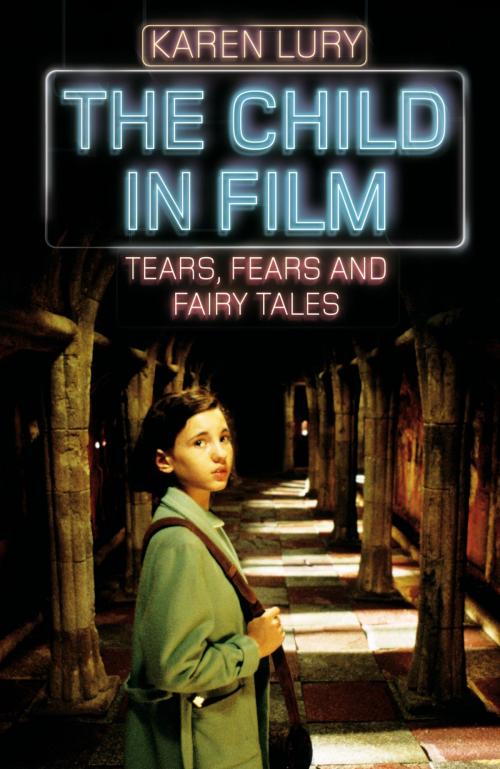The Child in Film
Tears, Fears and Fairy Tales
Nonfiction, Entertainment, Film, History & Criticism, Performing Arts| Author: | Professor Karen Lury | ISBN: | 9780857732224 |
| Publisher: | Bloomsbury Publishing | Publication: | March 30, 2010 |
| Imprint: | I.B. Tauris | Language: | English |
| Author: | Professor Karen Lury |
| ISBN: | 9780857732224 |
| Publisher: | Bloomsbury Publishing |
| Publication: | March 30, 2010 |
| Imprint: | I.B. Tauris |
| Language: | English |
Ghastly and ghostly children, 'dirty little white girls', the child as witness and as victim, have always played an important part in the history of cinema, as have child performers themselves. In exploring the disruptive power of the child in films made for an adult audience across popular films, including 'Taxi Driver' and Japanese horror, and 'arthouse' productions like 'Mirror' and 'Pan's Labyrinth', Karen Lury investigates why the figure of the child has such a significant impact on the visual aspects and storytelling potential of cinema.
Lury's main argument is that the child as a liminal yet powerful agent has allowed filmmakers to play adventurously with cinema's formal conventions with farreaching consequences. In particular, she reveals how a child's relationship to time allows it to disturb and question conventional masternarratives. She explores too the investment in the child actor and expression of child sexuality, as well as how confining and conservative existing assumptions can be in terms of commonly held beliefs as to who children 'really are'.
Ghastly and ghostly children, 'dirty little white girls', the child as witness and as victim, have always played an important part in the history of cinema, as have child performers themselves. In exploring the disruptive power of the child in films made for an adult audience across popular films, including 'Taxi Driver' and Japanese horror, and 'arthouse' productions like 'Mirror' and 'Pan's Labyrinth', Karen Lury investigates why the figure of the child has such a significant impact on the visual aspects and storytelling potential of cinema.
Lury's main argument is that the child as a liminal yet powerful agent has allowed filmmakers to play adventurously with cinema's formal conventions with farreaching consequences. In particular, she reveals how a child's relationship to time allows it to disturb and question conventional masternarratives. She explores too the investment in the child actor and expression of child sexuality, as well as how confining and conservative existing assumptions can be in terms of commonly held beliefs as to who children 'really are'.















